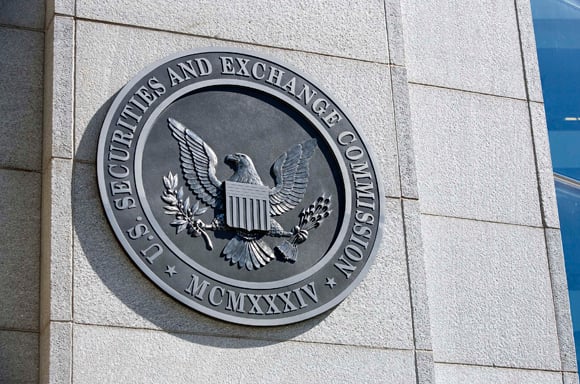The Securities and Exchange Commission is holding off forming several new departments required under the Dodd-Frank financial reform law.
In a short
notice posted to the agency's website last Thursday, the SEC said that “budget uncertainty” had caused it to hold off on creating an Office of Women & Minority Inclusion, an Investor Advisory Committee, the Office of Investor Advocate, the Whistle-blower Office, the Office of Credit Ratings, and the Office of Municipal Securities.
Functions that were to be handled under some of the new offices would be kept within existing departments.
In an e-mail, SEC spokesman John Nester wrote that it is uncertain how long the delay might be. He said the agency has submitted a request to Congress to authorize the new offices and fund them.
Congress has not approved a federal budget for fiscal year 2011, so the SEC is operating at its fiscal year 2010 funding level. That doesn't give the agency enough money to pay for the new offices, said Barbara Roper, director of investor protection at the Consumer Federation of America.
“Before it starts staffing up [for the new offices], the SEC wants to know if it's going to have to turn around and staff down” if it doesn't get a budget increase, Ms. Roper said. The delay is a “logical response” to the budget uncertainty, she added.
But Edward Siedle, founder of Benchmark Financial Services Inc., who investigates money managers for pension funds, doubts that the SEC really wants an effective whistle-blower program.
"Our government will spend more money this month combating WikiLeaks than it would cost to fund an effective SEC whistle-blower program for the next decade," Mr. Siedle wrote in a column on Forbes.com.
“My advice to would-be whistle-blowers: contact WikiLeaks,” he wrote.
In an interview, Mr. Siedle said the SEC doesn't want to be "inundated with tips they don't follow up on."
Mr. Nester disagreed, saying SEC chairman Mary Schapiro asked Congress for the authority under Dodd-Frank to compensate whistleblowers.
Last month, in proposing procedures the SEC would use to reward whistleblowers, Ms. Schapiro said they can be a good source of leads, but that of the thousands of tips the SEC gets every year, few come from whistleblowers.
The SEC created an Investor Advisory Committee in June 2009, which is being wound down in anticipation of creating a new version of the committee, Mr. Nester said.
The SEC also already has an Office of Investor Education and Advocacy, but Dodd-Frank requires the establishment of a separate Office of Investor Advocate, to be led by someone who has not been an employee of the SEC for the past two years, Mr. Nester said.







